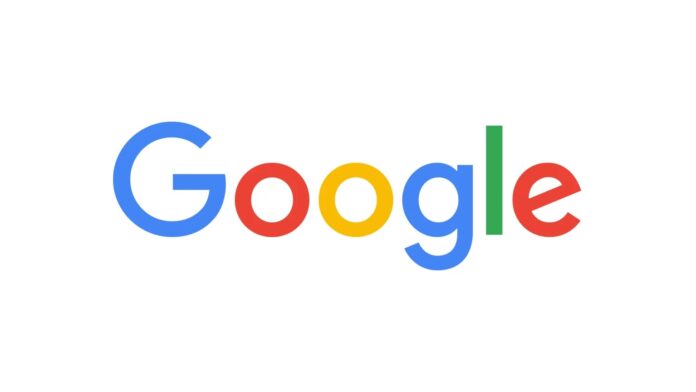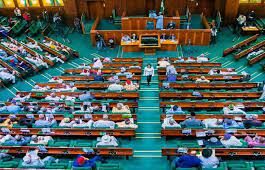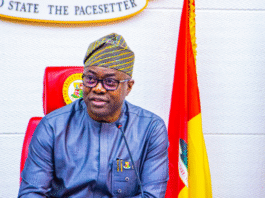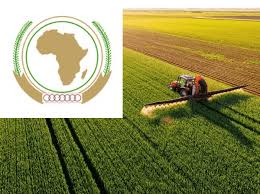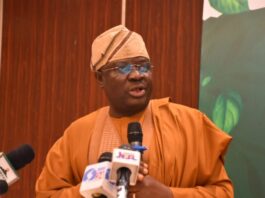Google, Microsoft, TikTok block 13.5m accounts in Nigeria
CHIGOZIE AMADI
The National Information Technology Development Agency said on Wednesday that big tech companies, including Google, Microsoft, and TikTok, deactivated more than 13.5 million accounts in 2024 as part of compliance with Nigeria’s Code of Practice for online safety.
The announcement followed the submission of the 2024 compliance report under the Code of Practice for Interactive Computer Service Platforms and Internet Intermediaries, a framework jointly issued by NITDA, the Nigerian Communications Commission, and the National Broadcasting Commission.
The Code outlines clear obligations for large service providers to register in Nigeria, comply with local laws, meet their tax obligations, and adopt measures to safeguard users from harmful online practices.
According to NITDA, the compliance reports provided by the platforms revealed that users lodged a total of 754,629 complaints in 2024, leading to the takedown of 58,909,112 pieces of content judged to be harmful.
In addition, 420,439 items of content were removed and later re-uploaded following successful appeals by users, while 13,597,057 accounts were permanently closed or deactivated for violations.
In a statement signed by its Director of Corporate Communications and Media Relations, Hadiza Umar, NITDA said the submission of the reports was a significant step towards creating a safer and more responsible digital environment for Nigerian users. The agency explained that the figures demonstrated the platforms’ commitment to maintaining a secure and trustworthy online space in line with the Code of Practice and their own community guidelines.
“The submission of these reports marks a significant step towards fostering a safer and more responsible digital environment for Nigerian users,” the regulator said. “Building a safer digital space requires sustained collaboration and engagement among all stakeholders. We remain committed to working with industry players, civil society, and regulatory partners to strengthen user safety measures, enhance digital literacy, and promote trust and transparency in Nigeria’s digital ecosystem.”
The agency commended Google, Microsoft and TikTok for their continued compliance, stressing that transparency through the publication of such reports was central to accountability in Nigeria’s digital governance framework.
Nigeria has in recent years tightened oversight of major online platforms as part of wider efforts to regulate the country’s fast-expanding digital economy.
Authorities have argued that while social media has become a vital tool for communication and commerce, it also poses risks ranging from misinformation and cyberbullying to online fraud and exploitation. The Code of Practice, introduced in 2022, was designed to strike a balance between encouraging innovation and safeguarding users.
NITDA said the latest compliance disclosures underscored progress but warned that protecting Nigerians from online harm required more than regulatory enforcement. The agency urged continued cooperation between platforms, regulators, and civil society to ensure the country’s digital ecosystem remained safe, transparent, and inclusive.


